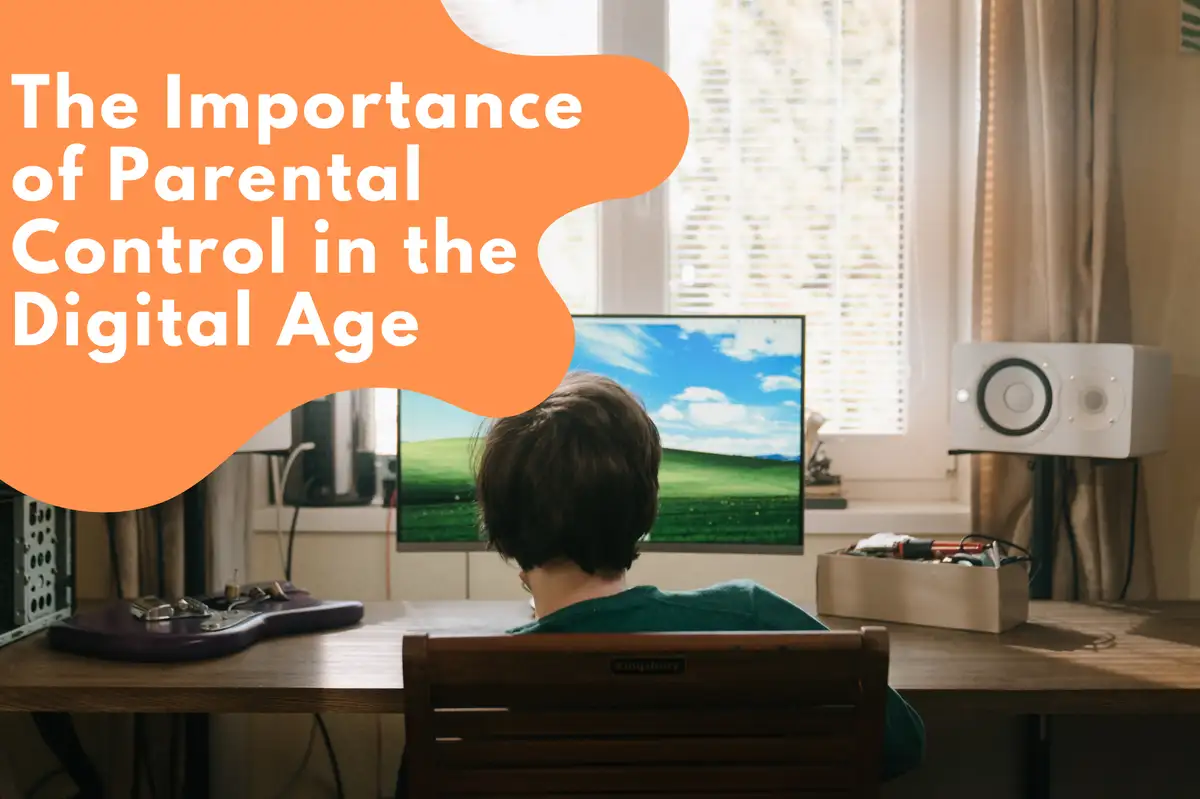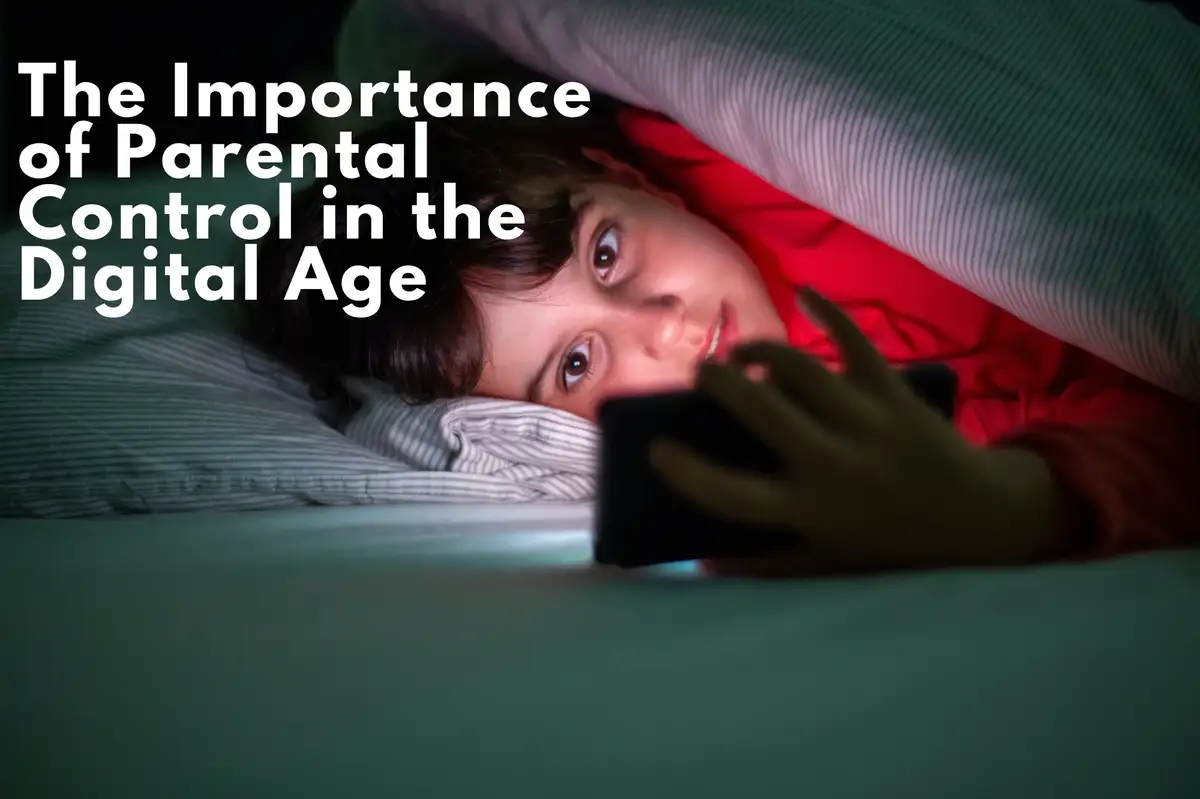The Importance of Parental Control in the Digital Age
We live in an age where digital technologies have woven themselves into the fabric of our daily lives. Smartphones, computers, tablets, and the internet provide us with unprecedented access to information and tools for communication. However, for parents, this digital age brings new challenges. The need for parental control in the digital age is not only necessary but essential.The Rise of the Digital Age
The Internet: A Double-Edged Sword
On one hand, the internet is an exceptional educational tool offering an endless wealth of knowledge and resources for learning. On the other, it exposes users, particularly children, to numerous potential dangers and inappropriate content. This makes navigating the digital world a tricky path, especially for our young ones.Safeguarding Children from Online Dangers
Potential Online Dangers
The world wide web is full of risks, from cyberbullying to online predators, from scam websites to harmful content. These dangers are just a click away from our children, making it a daunting task to keep them safe.The Role of Parental Control
This is where parental control comes in. It offers parents a way to safeguard their children from such online threats. By monitoring and limiting their online activities, parents can provide a safer digital environment for their children.Managing Access to Inappropriate Content
The Need for Content Filtering
Children can unintentionally stumble upon explicit, violent, or otherwise inappropriate content. It's important, therefore, to manage their access to such material.Implementing Content Restrictions
Parental control tools can help filter out inappropriate content, restrict access to certain websites, and ensure a kid-friendly online experience.

